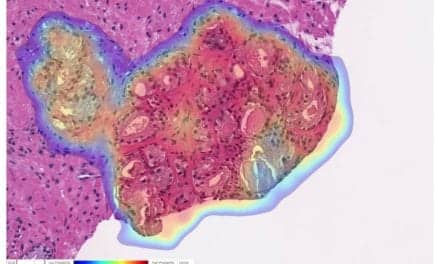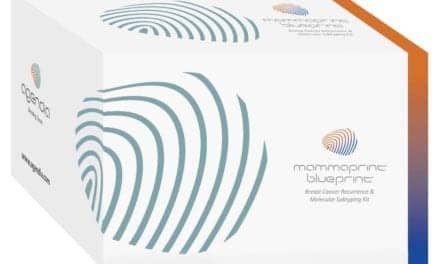Invitae, a medical genetics company, announced enhanced chemistry of its Invitae Personalized Cancer Monitoring platform that helps detect circulating tumor DNA (ctDNA) as a biomarker for solid tumor malignancies.
ctDNA can provide real-time insights on patient response or disease progression, support patient prognostic stratification, and enable early detection of residual disease, the company says.
The enhanced assay, which received Clinical Laboratory Improvement Amendments (CLIA) approval, features a flexible patient-specific panel design of between 18 and 50 variants, demonstrating a sensitivity of >99% for detecting ctDNA at variant allele frequencies as low as 0.005%, the company says. In addition, the company has also received CLIA approval on the whole exome sequencing component of PCM as a stand-alone comprehensive genomic profiling (CGP) assay to permit reporting of tumor profiles.
Further reading: Invitae’s Personalized Cancer Monitoring Assay Gets First Commercial Coverage
Compared to the prior version, the enhanced assay permits a new lower mass input limit that results in the same sensitivity as the prior version with less cell-free DNA (cfDNA), enabling Invitae to test samples that might have been previously rejected. The enhanced assay also involves fewer steps that will increase capacity and reduce the burden of materials and labor costs. Lastly, the enhanced chemistry is automation friendly enabling scale and supporting future growth.
“This focused launch and enhanced chemistry will enable biopharma partners to detect recurring disease early,” says Bob Daber, PhD, chief scientific officer of Invitae. “This will potentially help set MRD as a standard practice in clinical studies and increase the velocity of drug development. Our vision is that insights gained from Invitae Personalized Cancer Monitoring will lead to research breakthroughs that positively influence patient journeys.”





